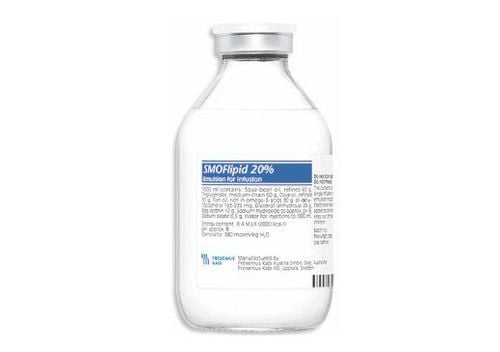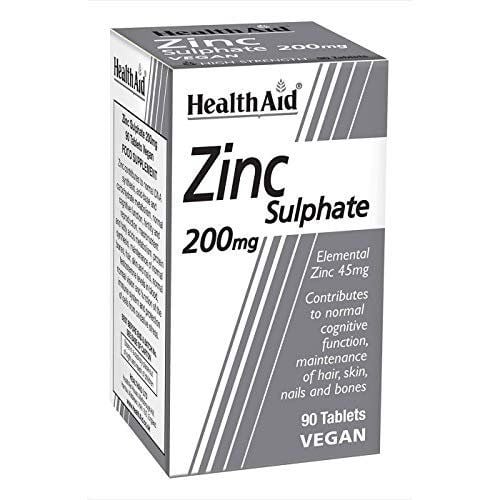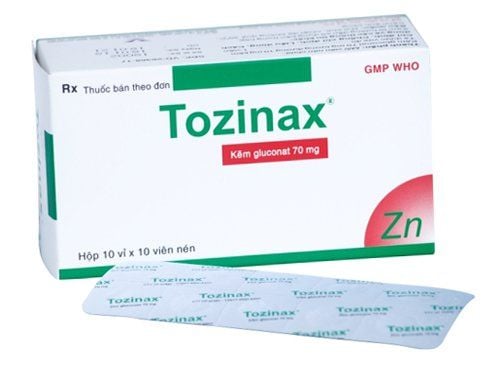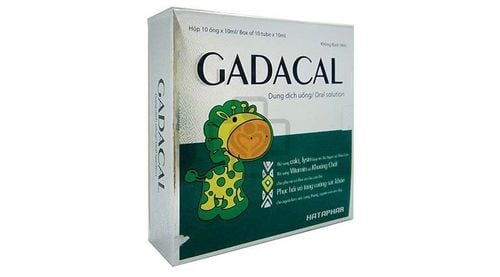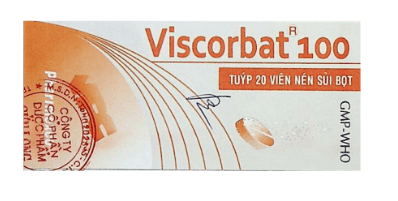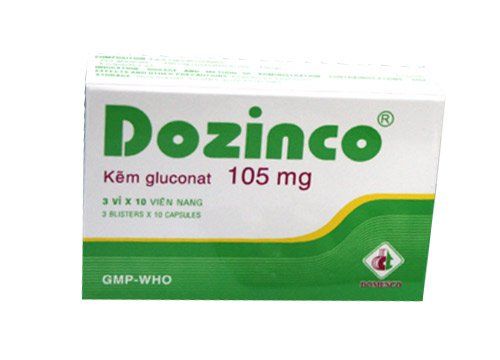This is an automatically translated article.
During the first years of life, a diet with enough vitamin C and zinc is essential for the health and overall development of the child. However, many parents, due to lack of experience, still do not know how to supplement vitamin C and zinc for children in the right and scientific way.
1. The benefits of vitamin C and zinc supplements for children
Vitamin C is one of the essential substances involved in many different activities of the body such as promoting the regeneration of collagen, blood vessels, muscles, cartilage and some neurotransmitters. In addition, vitamin C is also known as a strong antioxidant and helps the body absorb other substances such as iron, folic acid, calcium,... more easily.Adequate vitamin C supplementation for children will strengthen the immune system to better protect children. A strong immune system helps prevent minor illnesses such as flu, respiratory diseases, and even reduces the risk of cancer. At the same time, providing vitamin C also speeds up wound healing and avoids stunting due to the body's inability to absorb nutrients.
Meanwhile, zinc is a trace element that plays a role in supporting cell production, reproduction and division. Biologically, zinc is involved in the breakdown of nucleic acids, proteins and other basic components of life.
Supplementing zinc through meals will stimulate children's appetite and avoid anorexia. Besides, zinc also limits malnutrition, bone formation disorders, ... in young children.
Through this, it can be seen that supplementing vitamin C and zinc for children in the developmental period holds great importance. Providing enough nutrients vitamin C and zinc will help your baby be stronger as well as support the baby's development process in the future to take place smoothly.
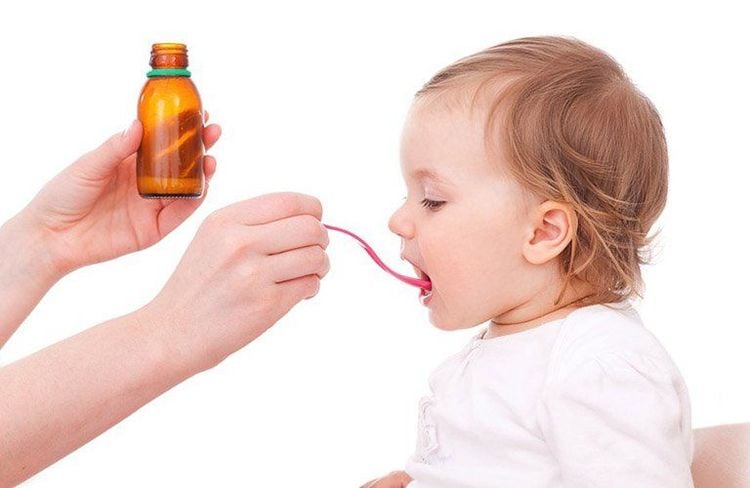
Bổ sung vitamin C và kẽm cho trẻ giữ tầm quan trọng không nhỏ
2. Should zinc and vitamin C supplements be given to the baby at the same time?
This is a common question asked by most parents when learning about zinc and vitamin C supplements for their children. According to studies, vitamin C and zinc are two complementary and interrelated substances, beneficial to children's resistance, improving the body's absorption, supporting the regulation of redox reactions and against harmful free radicals.
But in order to properly and effectively supplement zinc and vitamin C for your baby, it is best to consult a specialist for a reasonable supplement course, to avoid the case of too much vitamin C but little or no zinc. opposite.
3. A reasonable way to supplement vitamin C and zinc for children
3.1. Vitamin C supplement for children
Vitamin C lozenges supplement: Vitamin C lozenges have a sweet taste, which is loved by most children. This type of candy is widely sold at drugstores across the country. However, mothers need to pay attention to the dose of lozenges for children in a day. Refer to the information label on the package or ask your pharmacist for more details. Effervescent vitamin C supplement: Effervescent vitamin C is quite familiar to Vietnamese people. In addition to vitamin C, effervescent tablets on the market today often contain many other essential vitamins and nutrients. Vitamin C effervescent tablets also have a sweet taste, aroma and are very easily absorbed by children. Vitamin C syrup for babies: Vitamin C supplements are very effective in cases where children have vitamin C deficiency. However, to get the maximum benefit, mothers should use a dedicated spoon with a syrup box to use it. Measure the amount of the standard substance in each use. If used too much or in the wrong way, it is very easy to affect the health of the child. Foods containing vitamin C: This is the most popular source of vitamin C because of its benignity. Mothers can easily find a variety of vegetables and fruits containing vitamin C such as papaya, mango, sweet potato, orange, broccoli, cauliflower, ... to process into delicious and nutritious snacks. for you.
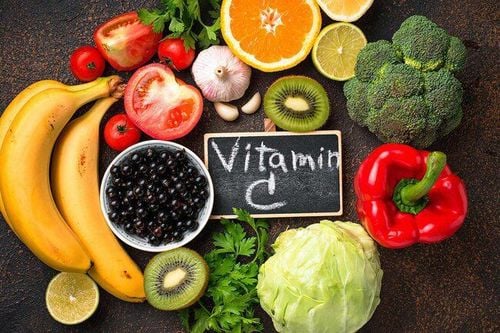
Các loại rau củ quả chứa vitamin C mẹ có thể bổ sung cho bé
3.2. Zinc supplements for children
For babies under 6 months old: Breast milk is the best source of zinc for babies. Mothers should try to breastfeed their babies for the first 2 years after birth so that the baby can develop comprehensively. For children from 6 months and older: It is advisable to add a variety of plant and animal food sources to the child's meals. Plants rich in zinc include green vegetables, whole grains, nuts and beans, etc. In animals, red meat, oysters, crabs, shellfish, eggs, milk, etc. are also rich in zinc. To achieve the best effect, mothers should balance between zinc supplements from plant and animal sources. Zinc and vitamin C are essential substances to strengthen resistance and maintain stable development in children. Deficiency of zinc and vitamin C will make children's health weaker, leading to many diseases. The best way to supplement zinc and vitamin C for your baby is to build a scientific diet as well as use a variety of foods containing vitamin C and zinc.
Besides, the baby needs to add necessary micronutrients such as selenium, chromium, vitamins B1 and B6, ginger, acerola fruit extract (vitamin C), ... to improve taste, eat delicious, achieve The height and weight are right and beyond the standard, the immune system is good, and the resistance is enhanced so that there are less minor illnesses and less digestive problems.
The improvement of symptoms can take place for a long time, so it is recommended that parents be calm and persistent when supplementing with nutrients for children, even through eating or functional foods. In particular, the use of functional foods should choose those of natural origin that are easily absorbed, do not allow simultaneous use of many types or continuously change the types of functional foods.
For more nutritional knowledge and child care for each age, parents should regularly visit the website vimec.com and make an appointment with the leading doctors, pediatric and nutrition experts of the National General Hospital. Vinmec when needing advice on children's health.




